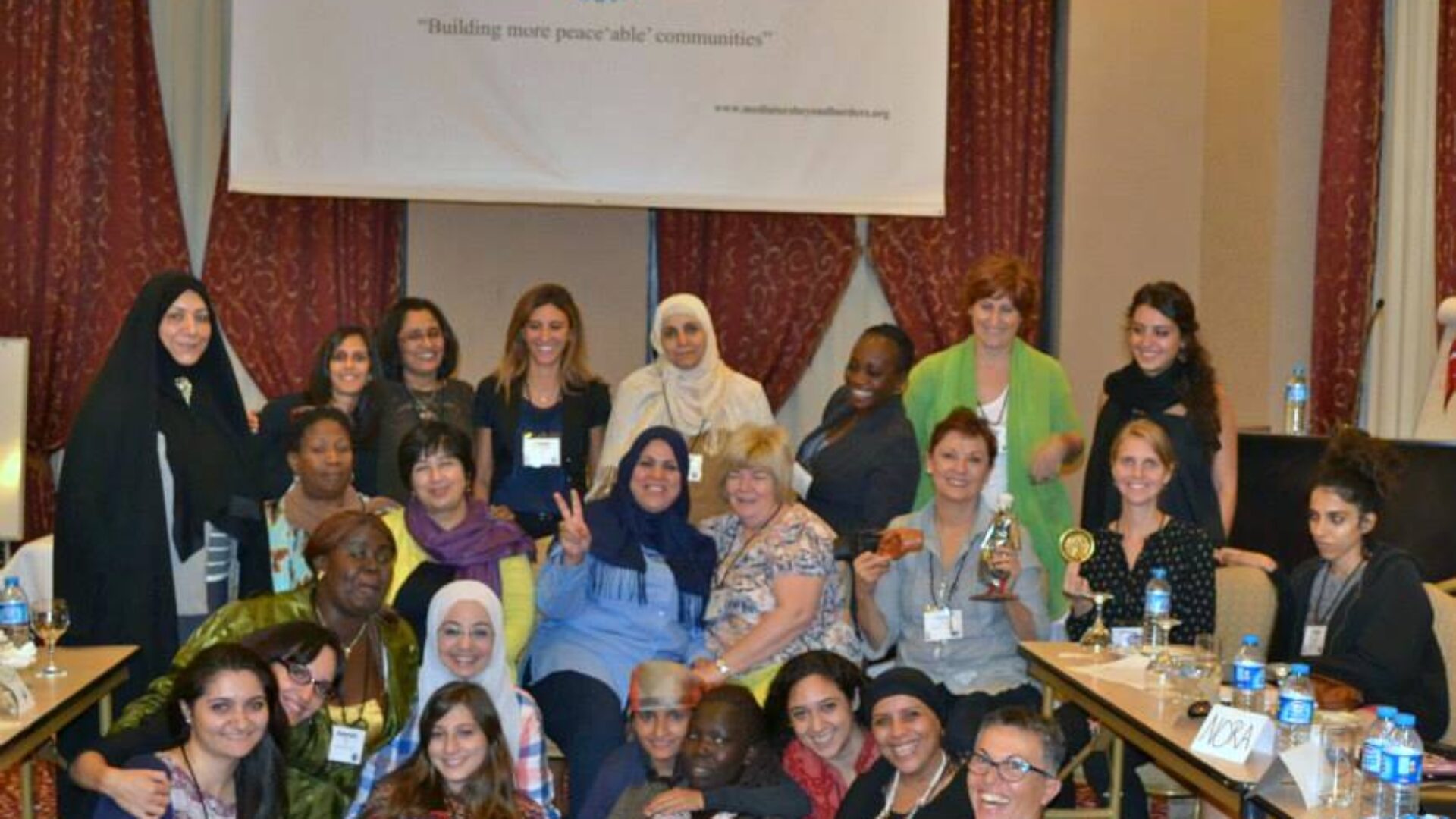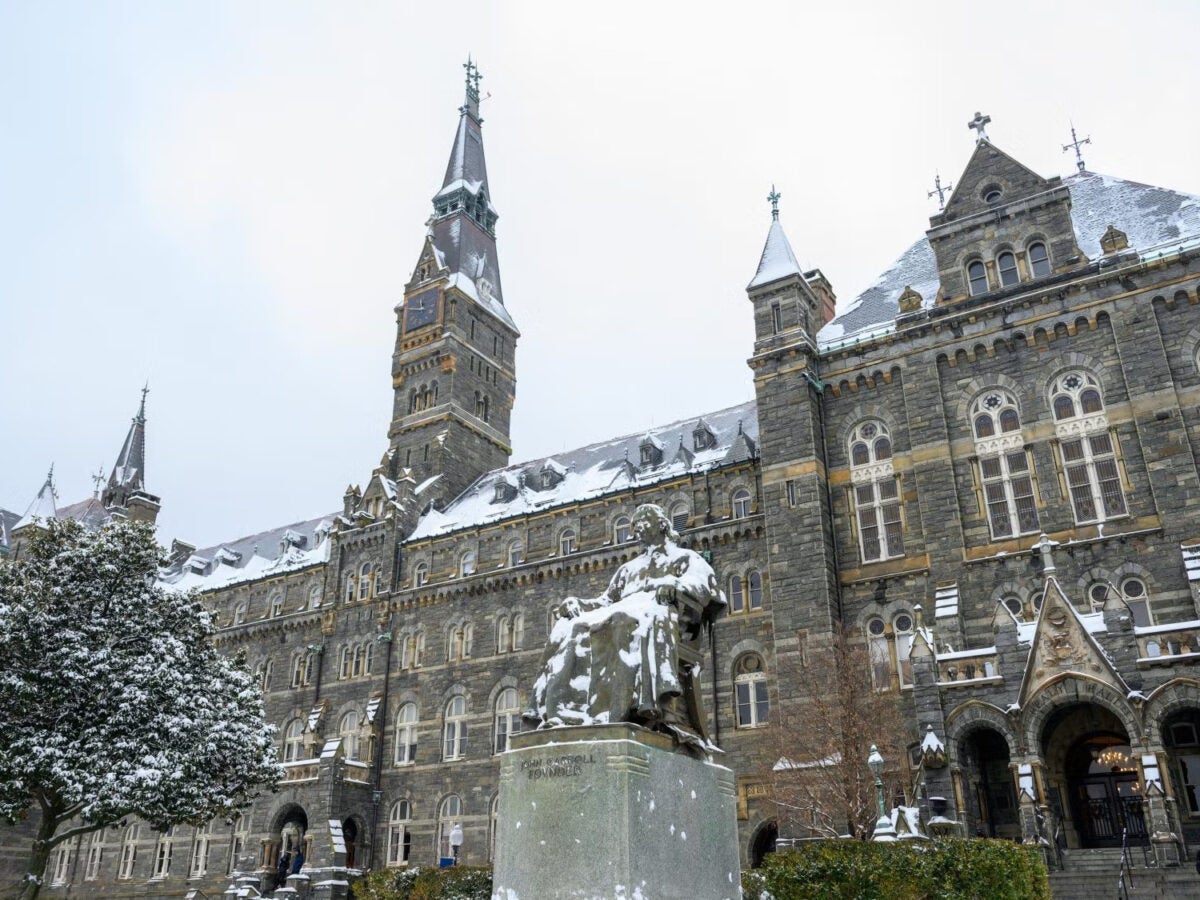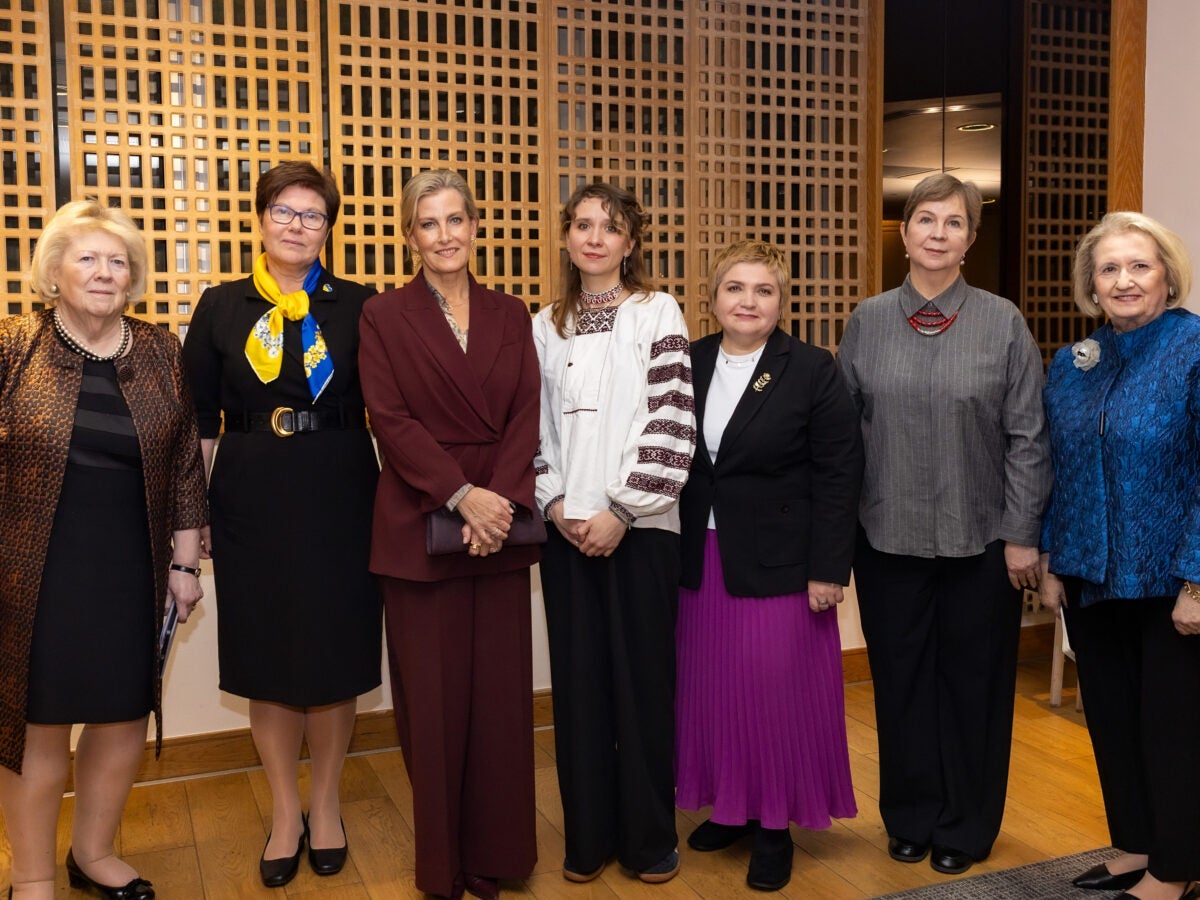How to Support Women in Mediation and Peace Negotiations

The landmark UN Resolution 1325 in 2000 proclaimed the essential role of women in the prevention and resolution of conflicts and emphasized their equal participation in the promotion of peace and security. Yet in spite of this resolution—and a series of other resolutions and national action plans promoting women’s full participation in mediation, conflict prevention, and resolution—the inclusion of women in track one mediation and other peace settlements has been a slow process. Often quoted is the 2012 UN Women study, which reviewed 31 major peace processes, and found that women constitute just 4 percent of signatories of peace agreements, 2.4 percent of chief mediators, 3.7 percent of witnesses or observers to peace negotiations, and 9 percent of negotiation team members.
How can we grow and support women in mediation and peace negotiations? The challenge appears to lie in the implementation of women’s inclusion, and perhaps in finding creative ways of connecting tracks two and three, where women are more frequent leaders of peace processes, to the track one diplomatic level.
Mediators Beyond Borders International (MBBI), a non-profit volunteer-based organization, is helping to increase the number of women mediators and peacebuilders engaged in peace processes by building local skills for peace—and connecting women mediators with more formal peace processes. In 2013 MBBI conducted its first International Training Institute in Istanbul for women peacebuilders from the Middle East and Africa. Over the last four years, the program has evolved into a year long training program which has been conducted in Southeast Asia and South America. MBBI trainers convene community and civil society leaders selected from a competitive application process and build their capacity in mediation, negotiation, dialogue facilitation, restorative justice, trauma, and leadership. Participants think strategically about the best application of these skills in their cultural contexts, where there is often limited space for women’s public participation, and design individual or small group projects in their own communities to reduce threats to peace, promote reconciliation, and educate and empower more women leaders over the course of six months or longer. With almost 100 graduates of the International Training Institute, the women continue to connect with each other through bimonthly international calls, Facebook groups, and individual relationships. Some graduates go on to play a direct role in mediating conflict. For instance, one woman from the Philippines conducted training and dialogue on land-based conflict, and after violence erupted between two local communities, she assisted local leaders in exploring options toward a negotiated settlement. Another graduate said the training: “provided me the space to be re-energised and refreshed as I came back to the field.”
MBBI strives to develop relationships with international organizations, such as Rotary International, the UN, and the Peace Cluster within the NGO Major Group, to increase access for women peacebuilders to not only develop professionally and impact their own communities, but also break into organizations and positions within higher-level mediation and peace processes. Other organizations work very actively with women’s civil society networks to convene women for learning exchanges, specific training, or access to funding to support local initiatives. While very valuable, what MBBI and others can pursue is connecting these efforts with specific conflict opportunities and mediation processes.
The UN published Guidance on Gender and Inclusive Mediation Strategies (2017) which includes recommendations such as linking civil society groups with national or local peace initiatives to foster trust and dialogue; creating women’s advisory committees and other opportunities to communicate with official mediation processes; and facilitating regular meetings between women and conflict parties to include their perspective and technical expertise. When women connect with the parties in conflict, they are right at the nexus of track 1.5 peacebuilding. At this level, the third party is not representative of a political institution, but the parties involved in the conflict resolution process are representative of the conflicting groups. These processes can reflect mediation or facilitation problem solving processes with key decision makers. With experience and opportunity, the women participants of ITI, knowing their own context, can bridge these gaps. In fact, there are advantages to working at track 1.5, which can bridge track 2 efforts within civil society and remain unencumbered by the political agendas of track 1. Track 1.5 can also facilitate communication between groups in conflict while protecting the honor or “face saving” of those stuck in difficult situations. In addition, when women work as inside mediators, they know their own culture best and may gain more trust than an outsider.
By training and building the capacity of women peacebuilders at multiple levels of conflict resolution work, MBBI’s efforts can coalesce such efforts and ensure women’s inclusion and participation in all of them.
Stacey Schamber is passionate about preventing violence that can result from social, religious, or political conflicts. With international conflict resolution experience, she does this by fostering collaborative relationships to identify root causes of conflict and to build local capacity for sustainable community development. She has worked in Ethiopia, Lebanon, and India on themes of mental health training, trauma response, protection, conflict management, and peacebuilding. She consults with MBBI on their Women in Mediation program and lives in Washington DC.
Explore More

End of Year Reflections
This year has been particularly challenging for peace around the world, with…

“No Amnesty, No Silence:” Ukrainian Women Urge Accountability for War-Time Sexual Violence
Last week, the Georgetown Institute for Women, Peace and Security (GIWPS) brought…
